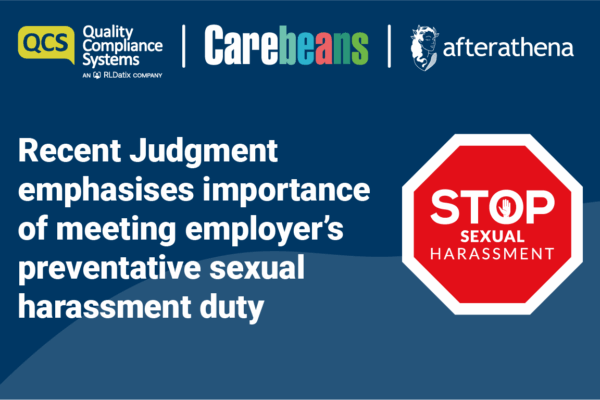Well-timed research article
As much of the UK enjoys sweltering temperatures, the Nursing Times has published some well-timed research looking at the link between good hydration and the prevention of avoidable harm.
The research used National Reporting and Learning System (NRLS) data covered some 10 years, since the inception of the NRLS, identified 7.856 incidents linked to “dehydration” and “over hydration”.
It was not possible to review every case in detail so criteria narrowed down the research to review 549 incidents. This is broken down as all reported deaths (142); incidents of severe harm (257); and samples of 50 of each of incidents categorised as moderate, low-harm and no-harm. As it is difficult to categorically determine dehydration as a cause of death the research looked for themes within the incidents.
Firstly, the care setting was established. Although the majority were from the acute care sector, it is recognised that primary and social care incidents are under reported. However, it was also recognised that incidents concerned those that arrived in acute care were already in a state of dehydration and had come from another care setting.
Secondly the free-text of each incident was searched to identify sub-themes. The most frequently identified sub-themes are ‘Failure to act’, followed by ‘Admitted with dehydration’, ‘Pressure ulcers’, ‘Kidney injury’ and ‘Sepsis’. This establishes a link between dehydration and the patient safety issues which correspond with these most frequently occurring sub-themes.
Points for consideration and conclusion
The report highlights several areas that need to be considered:
- Dehydration needs to be identified in own homes and care homes and treated early
- Dehydration needs to be recognised early on in admission to acute care and treated appropriately
- There is a need to recognise that dehydration occurs in all care settings
- Good hydration is a factor in preventing avoidable harm associated with other known patient safety issues
The report concluded that good hydration is a core element of clinical care yet it may be frequently overlooked. It attributed this to the following factors:
- Poorly designed systems
- Lack of local guidance
- Failures in recognition
- Failures in implementation of management plans
- Poor awareness
- A lack of monitoring
- Unclear lines of responsibility
- Excessive demands on nursing time
Good hydration with QCS
QCS compliance management integrates good hydration within Outcome 5 of The Essential Standards of Quality and Safety – Meeting Nutritional Needs. The QCS system contains a Nutrition Policy and Procedure, stating best practice and also containing basic information on a balanced diet, including hydration.
Care Planning is clearly a key area. The QCS system format allows for detailed individualised planning of hydration strategies and delivery. Care records include fluid intake and output recording for use where detailed management is required. The Mock Inspection Toolkit guides the user to ensure they have covered the required compliance activities in respect of nutrition and hydration.
Click this link to register for a FREE trial of QCS compliance management.





